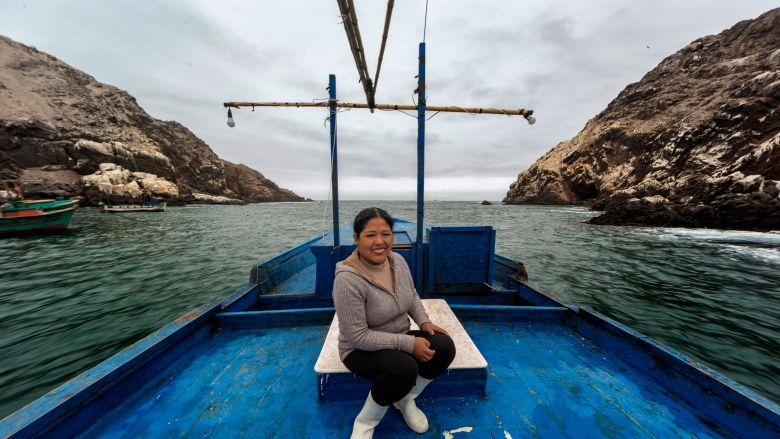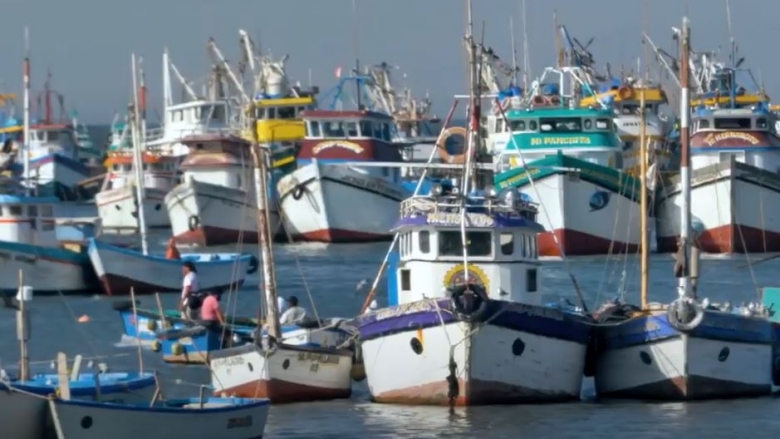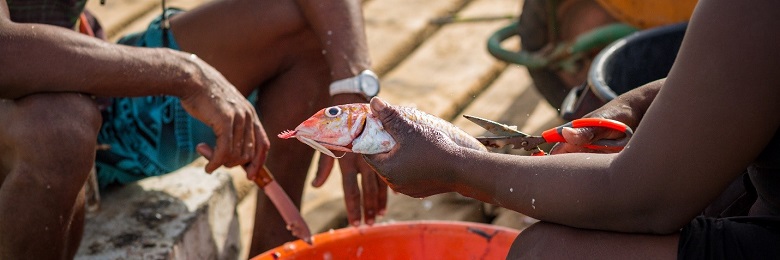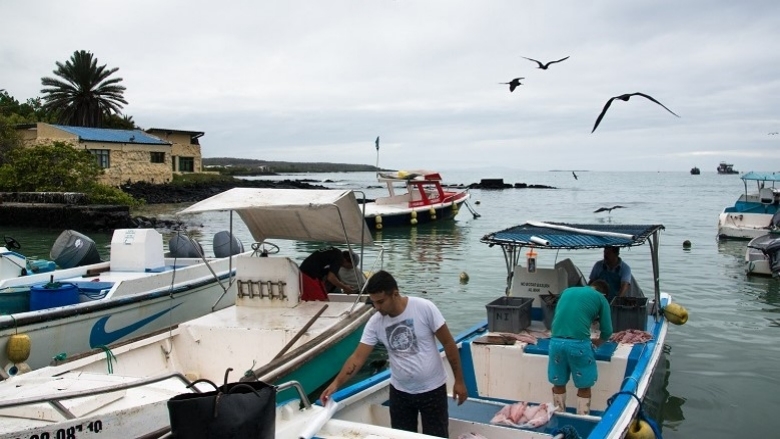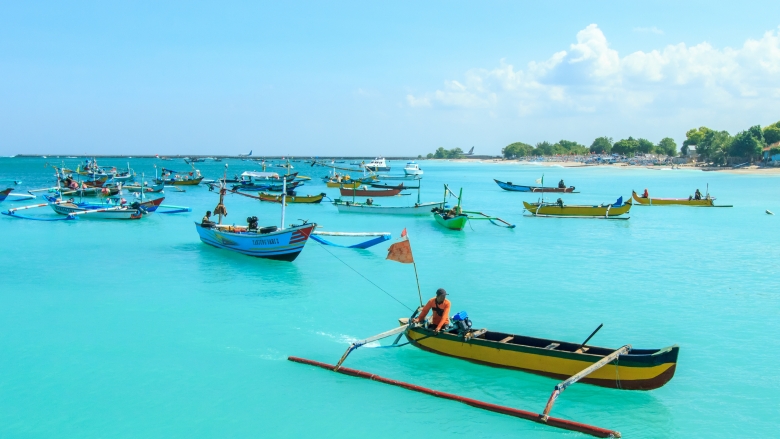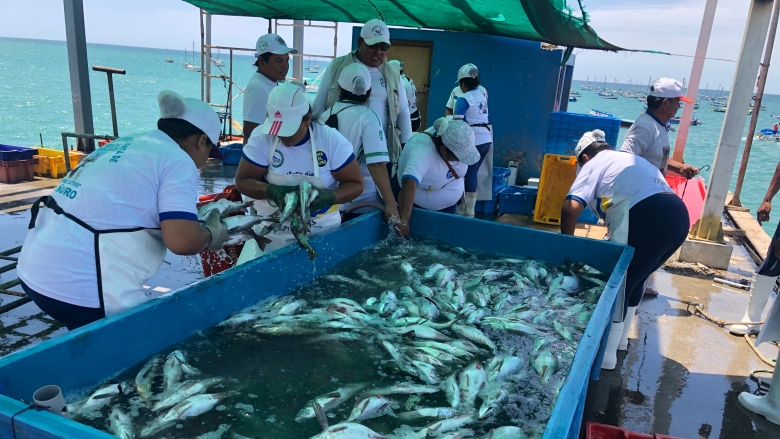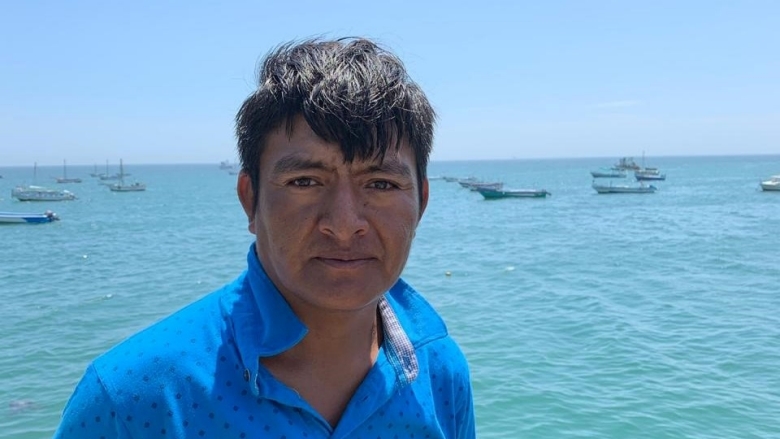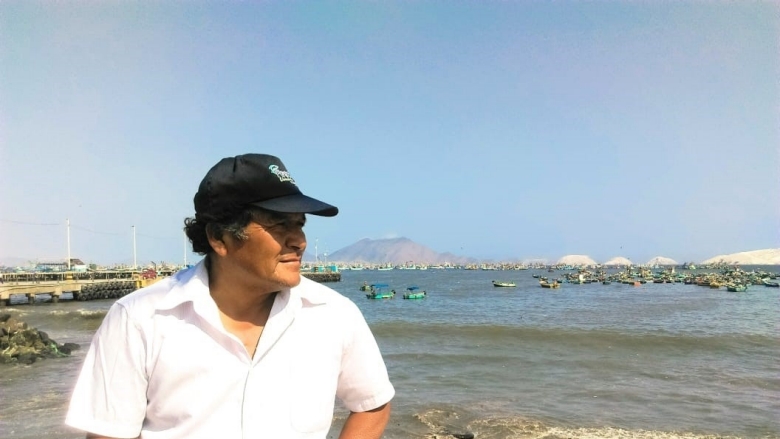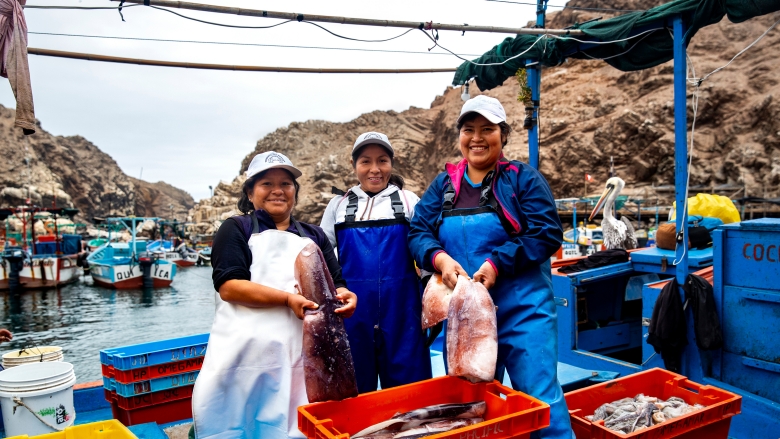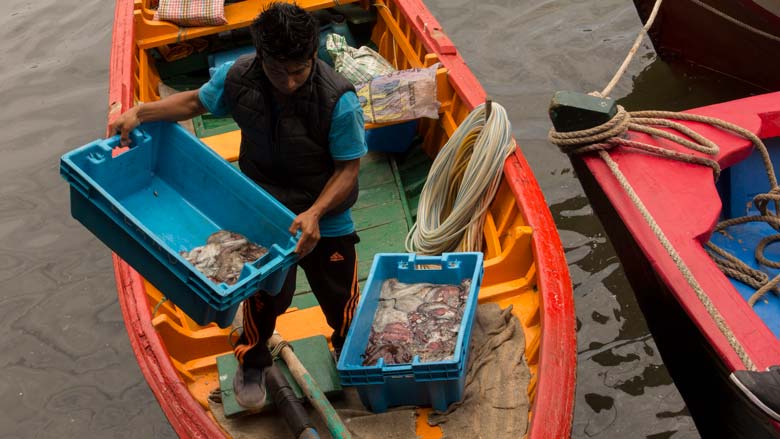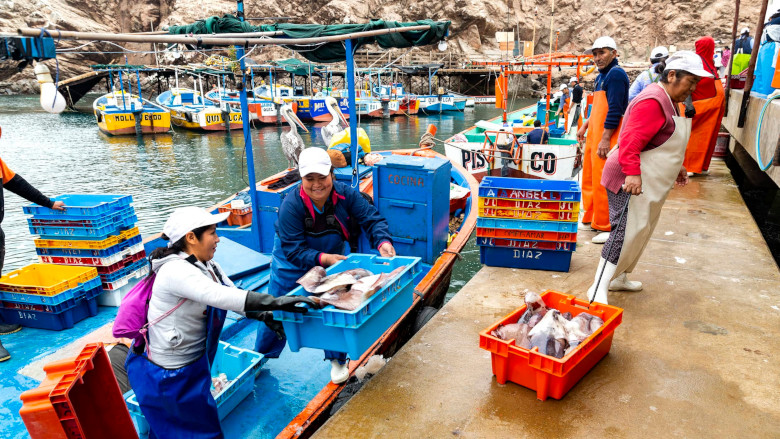CFI – CF Global Knowledge Competition Call for Solutions to Overfishing
The CFI-CF Global Knowledge Competition sought coalitions with innovative solutions that address overfishing, focusing on coastal fisheries in four countries: Cabo Verde, Ecuador, Indonesia and Peru. Overfishing is among the biggest challenges threatening the health of our oceans, the livelihoods of millions living in coastal communities, and the business opportunities of seafood and related industries around the world. This competition aimed to mobilize the collective power of fisheries and seafood stakeholders to implement solutions to overfishing in coastal fisheries. The competition encouraged outstanding coalitions created among fishing communities, businesses, investors and governments to offer innovative approaches that promote the sustainable use and management of fish stock through improved coordination among fishers and increased collaboration across stakeholders. Read Press Release announcing the winners and runner ups.
For more information, please visit solutionstooverfishing.org | email info@solutionstooverfishing.org
